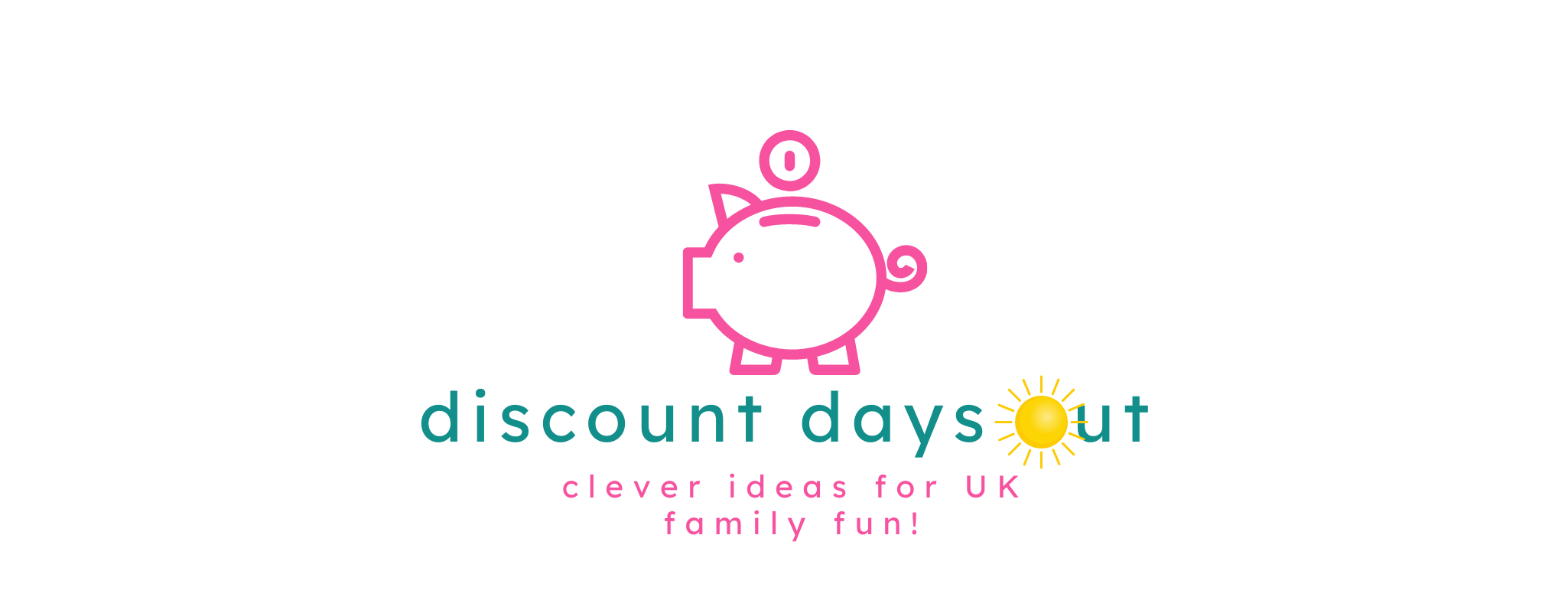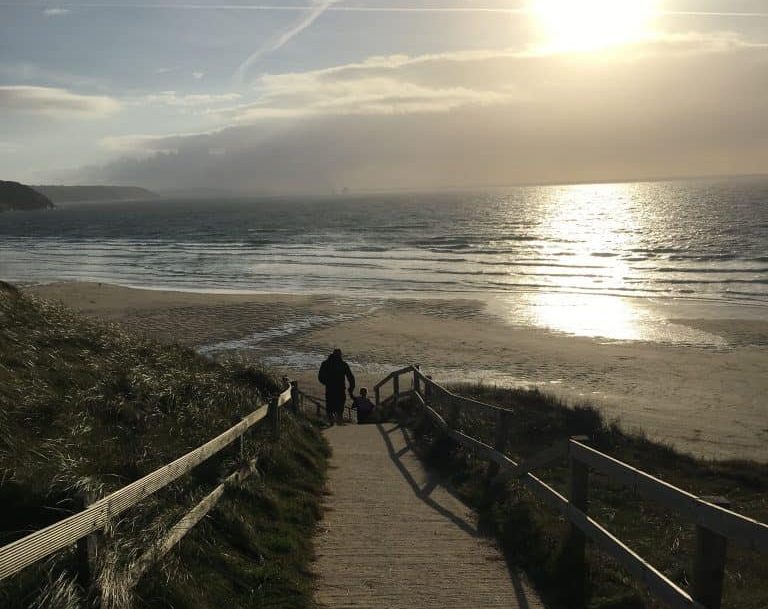4 Tips To Achieve Financial Health
In life, some things are financial necessities that are crucial to do and have. It is important to take precautions and plan for the unforeseen, no matter your age or station in life. Consider the following items to get your financial needs in order.
Vehicle Insurance
Whether you have a car, truck, or another mode of transportation, purchasing vehicle insurance in the United Kingdom is compulsory. Even with that in mind, it is a good thing to have so that you are protected should the unfortunate occur. Motorbike insurance from high-quality companies such as one sure will save you money with an inexpensive policy that will give you peace of mind. Drive or ride safely knowing you are insured against possible accidents and damage.
Home Insurance
Safeguarding your home is an essential task to accomplish when you are a homeowner. You have put so much time, effort, and money into finding a place that you want to call home. While not required, it is important to secure building insurance to cover the cost of repairing or rebuilding your home. As with any contractual agreement, ensure you read the policy in its entirety, to include all of the fine print so that you know what you are literally signing on to.
Contents coverage is another insurance item to consider. It involves insuring your possessions against that of theft, flooding, and fire. Check with your insurance company to determine if the amounts you have in your policy are sufficient should you move.
A home alarm system is another affordable way to give your property extra security. With an ever growing selection of alarms available on the market, there should be something to suit everyone’s budget and requirements.
Create a Budget
Knowing where your money comes from and where it goes are vital parts of any sound financial plan.
Here is a helpful video to guide you on how to begin a family budget.
Emergency Fund
The experts all agree that having an emergency fund is paramount. What they sometimes disagree upon is the amount of money you should have in it. A good rule is to have six months of living expenses in an accessible bank account.
Your emergency fund accounting should include only the necessities you spend money on each month, such as your rent or mortgage, food, expected medical care and medicine, transportation, and utilities. Other things that you spend your hard-earned money on like entertainment or unneeded clothing are not included in your emergency fund.
Once you establish your emergency fund, be sure to check in on yourself annually to determine if you need to update the amount you hold there. Milestones such as having children or sending them off to university may need to be adjusted for. If you have had to fall back on your emergency fund for needed financial assistance, repay yourself as soon as possible to fill the account back up.





